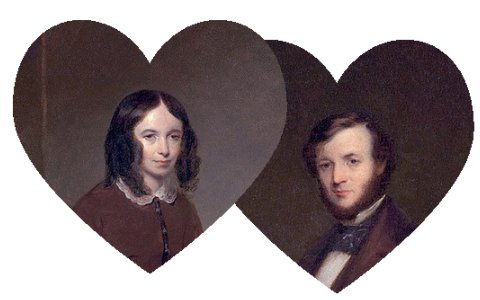Censoring Mark Twain
Weighing in on the rewriting Mark Twain controversy, I’ll just plunge right in and say I mostly agree with Dr. Boyce Watkins, Professor at Syracuse University who has been on several television shows to tell why he agrees with the idea of rewriting Mark Twain’s “Huckleberry Finn” and “Tom Sawyer.”
On “The Joy Behar Show,” Dr. Watkins said:
“… the reality though is that if we were teaching a class on say hip-hop and politics and we used the famous song by NWA “F the Police” which I consider to be a classic when you talk about the link between race, hip-hop and politics and police brutality. If that is being played in the public school system, there is no way they would play that song without editing it even though the profanity in the song was critical to getting the message across.”
As far as Huck Finn goes, it’s been censored before — at least in film, has it not? Just to point out a couple that have one thing in common (they both starred Jackie Coogan as Tom Sawyer), the 1931 version of “Huckleberry Finn” just had Jim as a character while the 1930 film “Tom Sawyer” still had Injun Joe. One might speculate that “they” saw “injun” as a corruption of the word “indian” but not a necessarily hurtful one, unlike “nigger,” long considered a vulgar corruption of the word “negro.”
That is exactly how it is defined in the 1859 “Dictionary of Americanisms: A glossary of words and phrases usually regarded as peculiar to the United States” by John Russell Bartlett: “the vulgar pronunciation of the word negro.” This is just one book I found and I’m not saying it proves anything else but that it was in print in 1859 with a definition for the word. People even argued over whether the word negro should be capitalized or not, even into the first half of the 20th century.
As Dr. Watkins has pointed out, the original works will still be there if one wishes to read Mark Twain’s own words. The n-word appears 219 times in “Huck Finn” and four times in “Tom Sawyer.” Twain scholar Alan Gribben’s revised versions replaces the n-word with “slave” and “injun” with Indian.
Dr. Marc Lamont Hill of Columbia University vehemently disagrees with the revisions and feels that we are squandering an opportunity to talk about American racial life: “… If you give somebody the opportunity — particularly white people, the opportunity to not use the — to talk about the N word, to not talk about race and racisms and white supremacy, they`ll take it. Every school district in America will avoid getting the book with the N word in it. And we squander an important opportunity.”
Well, that’s not exactly true. Dr. Laura Schlesinger wanted to talk about the n-word on her radio show in August 2010. That backfired on her in a big way. Film critic, Roger Ebert, shared his feelings on this very subject on his Twitter, saying he would rather be called the n-word than a slave. He’s already apologized.
University of Central Oklahoma professor John Springer feels the rewrites disrespect Mark Twain’s integrity. “The author’s language is always a product of the historical moment and the social milieu in which the author lives.” Dr. Springer teaches an undergraduate course on “Huckleberry Finn” once a year and believes the racial words should not be tampered with: “To correct them or to modify them in the interest of current sensibilities … it really does, I think, constitute a kind of disavowal of history,” he said. adding “This is in fact the way we talked about people of color when those books were written.”
Don’t you just love how everybody gets lumped together? We’re going to go out on a limb here and make the assumption that John Russell Bartlett probably didn’t use the n-word; nor did educated gentlemen and ladies who did not want to be perceived as “vulgar.” They used the word “negro” to set themselves apart from their low-class brethren. They probably didn’t read Tom Sawyer and Huckleberry Finn either.
But, let’s face it — if folks are going to start rewriting literature with the n-word in it, they are surely going to have their hands full. Charles Dickens, Edgar Allan Poe, Ambrose Bierce, Bret Harte, O. Henry … I’d be here all night if I had to compile a list of all the authors who have used the word in articles, poems and books.



I don’t believe in rewriting literature for the sake of modern sensitivity. If the inclusion of the word (or any other word) is so bad that it makes the work anathema in the public schools, we can certainly teach other representative works by Twain that do not include the offensive words. The novel is the intellectual property of the author and nobody has the right to pick and choose which of his words are acceptable and which are not. Just an opinion.